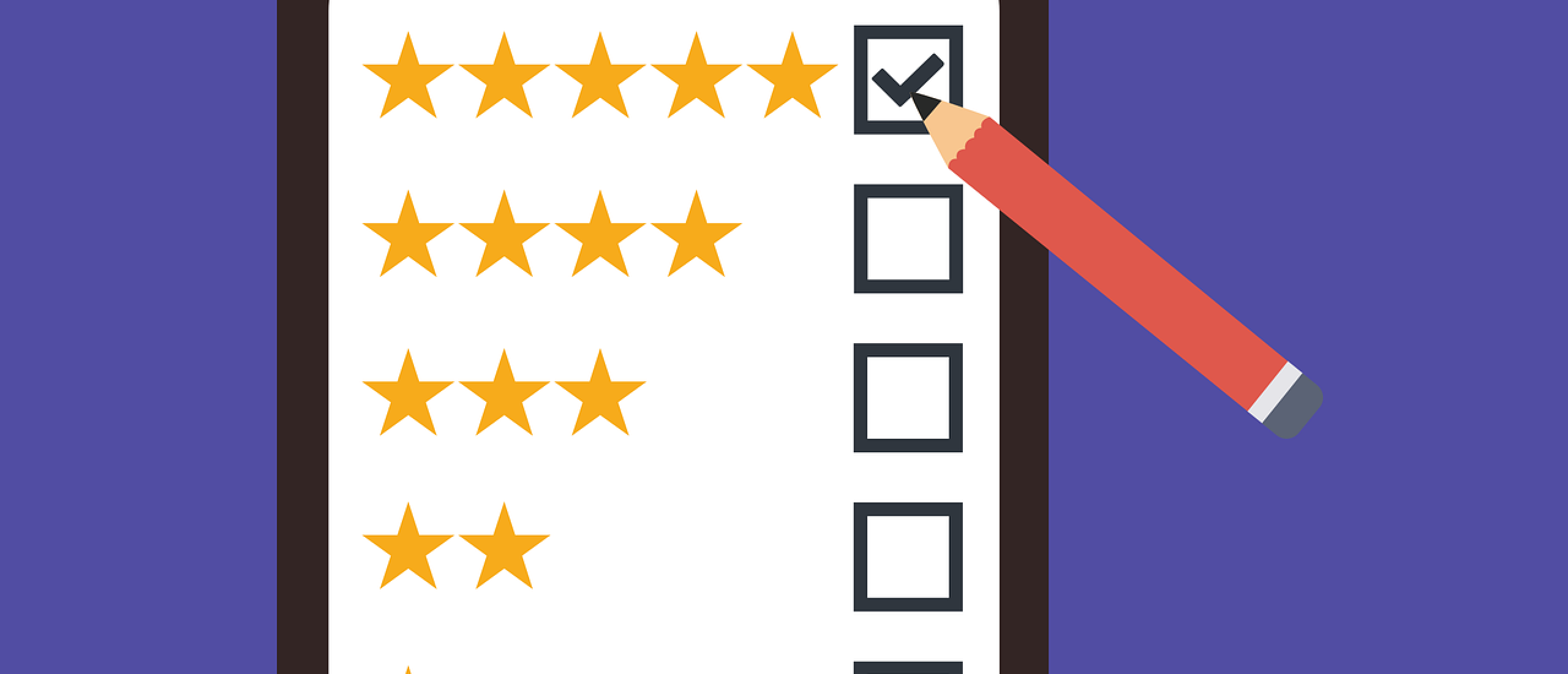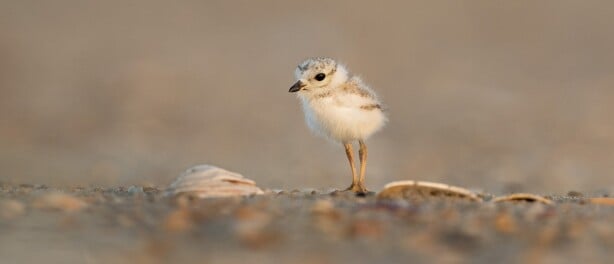One great way to improve to quality of your Dutch is by sending Dutch messages to your friends and colleagues. Even if your messages are quite small, if you do it on a regular basis, you will find it easier and easier to write and.... to speak!
By the way, when you think in English while writing messages or texts in Dutch, chances are high that you will make certain mistakes. If you like to improve the quality of everything that you write in Dutch, then there are a couple of things that can help you. Some simple rules, that are actually quite easy to remember. So, if you like to know 4 little things that improve the quality of your written Dutch, then let's go!
1 Does it ring a bell?
Can you guess the meaning of these words? De wil, de bel & de hel?
Will, the bell and hell
These words are really easy right? And yet, there is a catch. In English you write these words with double l, but not in Dutch.
Words will never end with double consonants, although there are two exceptions: stress & app
Stress and app are English words, so that is why they still have an English spelling in Dutch.
There is something strange in English. Take full for example. Full is with double l, but.... when you write beautiful, you will only see one l. This is a bit weird, don't you think? Why wouldn't you write beautifull? Till and until are also tricky words in English.
In Dutch you will never have this problem. You write vol (not voll) and stil (not still).
If you know German, then you'll probably know that the German word for man is Mann. Once again, in Dutch man is man (just like in English).
So once again, normally in Dutch, words will never end with two consonants that are the same! Sure, words like will and still may look familair to you, but only because these words are English words! If you look at the texts that you write in Dutch, then chances are high that you write things like: ik will reserveren (I want to reserve) and now you'll be able to correct this tiny mistake! (Ik wil reserveren)
2 Is beer really a good medicine?
In English most plurals end with s and only a few end with en, such as ox-oxen, child-children.
In Dutch it is exactly the opposite. The vast majority of plurals end with -en and only a small minority takes s.
Here are some examples: in Engish you have book & books and in Dutch you have boek & boeken. The same thing is true for train & trains and trein & treinen
Chances are high that you'll simply add an s in plural, because this is what you do all the time, while writing English. So here is the next question:
de pil is a pill in Dutch. So how would you put it in plural? Sure.... you can say pils, but then in Dutch it means something else. Pils is bier (beer) and why not, it could still be a great medicine ;) Pillen is something that you would take if you need to follow the prescription of your doctor....
Although there is a bit more to say about making plurals in Dutch, there is one simple rule: don't just put an s because it looks so familiar to you. Sure honds make look like the perfect plural form for hond (dog) and in Dutch you really say: honden :)
3 now you can really own it!
One little tiny word that many people write wrong is mijn... Most people write mij, because it looks more like English. However, you say and write mijn hond (not my hond). One trick that could help is that you imagine that you own a mine... Mijn mijn means my mine
Here is another important tip. Make sure that you do not misgender when you want to say that they own something. In English there is a difference between saying his job & her job and in Dutch it is the same. Haar werk is her job and zijn werk is his job.
Most people find haar easy to remember, because it looks and sounds like her. Also if you say haar haar, then it means her hair. Zijn is something that people find a bit more challenging.... often people write hem, but this means him.
Did you notice that zijn has two meanings in Dutch? In means to be and his. If you say zijn zijn, then it means his being... In Dutch it makes perfect sense :)
Zijn en haar can be tricky words in Dutch, because you use haar for women and zijn for men. If you use them wrong, it will immediately lead to misunderstanding or it will often confuse people a bit. Imagine that you want to talk about the job of your wife and you say zijn werk (his werk). Then Dutch people may immediately wonder if you want to share a new update about your current relationship ;)
4 Saying goodbye could be more difficult than you think :)
De groet is a greeting, you can say for example hallo or tot ziens. You will see that many Dutch messages end with met vriendelijke groet. By the way, if you like you can also end with met vriendelijke groeten, just make sure that you do not write groets (see point 2) but groeten
Although groet is quite easy, many people confuse groeten with groente or groenten... Groente has the word groen which means green. The idea is that most vegetables are green. In Enlish you have the word greeneries and in Spanish you can see that they have a similar way of reasoning. Verde is green and verdura / verduras is vegetable(s) :)
The funny thing is that even een wortel (carrot) is groente, although it is quite often orange instead of green....
You may also often see the word groetjes, which means little greetings. Dutch people believe that if you make words smaller, then all of a sudden they sound warmer, friendlier and more intimate. The only thing is that many people write and say: grotjes, but this means little caves in Dutch. It would be a weird way to end your message ;)
These were 4 tips that could help you to make your Dutch look a lot better. Although these improvements may look small, they could have far more impact than you could imagine. The reason is simple.... It requires some self reflection to write things in a new language. If you could ask yourself: did I write this correctly? and then check some simple rules, it will help you to be far more aware of much more while speaking and writing in Dutch.
The other good news is that if you apply these simple rules again and again, they will be ingrained in your automatic system. It will then take zero effort reaching higher levels will be easier and easier
By the way, what is your favorite little mistake while writing in Dutch?





Ofir
on 05 May 2023Albert
on 05 May 2023Albert
on 05 May 2023